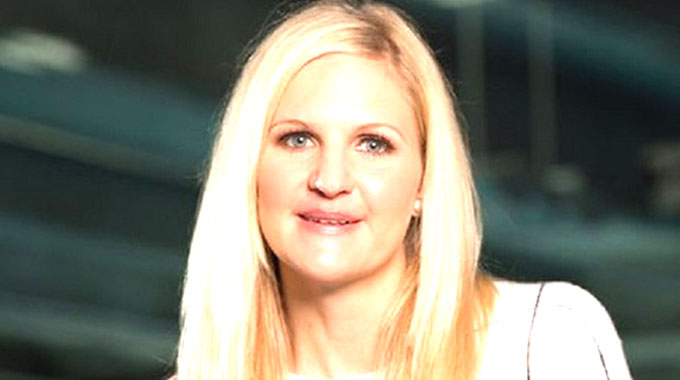Kirsty speaks on athletes taking the knee

LONDON. —Many athletes want taking a knee, while competing at next year’s Tokyo Olympics, to remain banned.
There are fears it could open the door for other forms of protest.
That’s the view of the official leading the consultation over whether to overturn the controversial rule.
But one athlete, who was punished last year for her own podium protest at the Pan American Games, has told Telegraph Sport that people will continue to make a stand regardless of whether the ban is overturned.
The Athletics Association, a new independent body for track and field athletes, last week pledged to lead the fight against the International Olympic Committee’s Rule 50, which prohibits competitors from taking a knee in solidarity with the anti-racism movement on the field of play.
FIFA, the Football Association and America’s National Football League are among major sports organisations to remove sanctions for peaceful anti-racism protests in recent months.
Coventry, who won two Olympic swimming gold medals for Zimbabwe and is now leading the global consultation as chair of the IOC Athletes’ Commission, says a decision will be made by the end of this year, but all options remain on the table.
“The thing that I’m worried about is looking at a podium and you have someone who’s campaigning for Black Lives Matter, someone campaigning for white supremacy and someone campaigning for something else,” she told Telegraph Sport.
“That would not be ok. It would look awful. It’s supposed to be your Olympic moment when you’ve won a medal.
“What if we have three athletes all wanting to stand up and have three different protests or fight for three different things? Even the most vocal athletes have said that’s not what they want.
“Let’s say this rule gets changed, we allow for something and we have three different [protests]. What do we then do? Who allows what? Who makes that decision? What does it look like? No one’s really wanted to answer that.
“We can’t just change the rule to this, because if we do then it changes the rule for this, this and this.”
Asked if a significant number of athletes so far consulted were in favour of Rule 50 remaining in place, and thus the ban on taking a knee staying intact, Coventry replied:
“Yes.”
While declining to give her own personal opinion ,for fear of jeopardising the neutrality of her position, she also said the Athletes’ Commission could decide to implement some other form of group protest away from the podium.
“If we’re saying the only place [athletes] can gain attention is the podium and field of play then how does that make all the athletes that don’t get onto the podium feel?” she said.
“If we’re trying to show that we’re in solidarity and we all feel this or that is important, then maybe it’s not about the podium or field of play.
“Maybe it’s other spaces or maybe it’s a specific moment where we stand in solidarity. All of those kinds of ideas are being spoken about.”
American hammer thrower Gwen Berry was placed on one-year probation by the US Olympic & Paralympic Committee after raising a fist — echoing the actions of American sprinters Tommie Smith and John Carlos at the 1968 Olympics — when she won gold at the Pan American Games last year.
Despite losing sponsorship as a result, she told Telegraph Sport she believes people will continue to protest regardless of the rules or consequences.
“The athletes are going to do what they want at the Olympics. It doesn’t matter if protests are banned or not,’’ she said.
“The power is with the athletes and they will decide what to do.
“This isn’t like basketball or football — Olympic athletes only get the chance once every four years to compete on this stage so if they are going to make their voice heard it has to be there.” — The Telegraph.










Comments